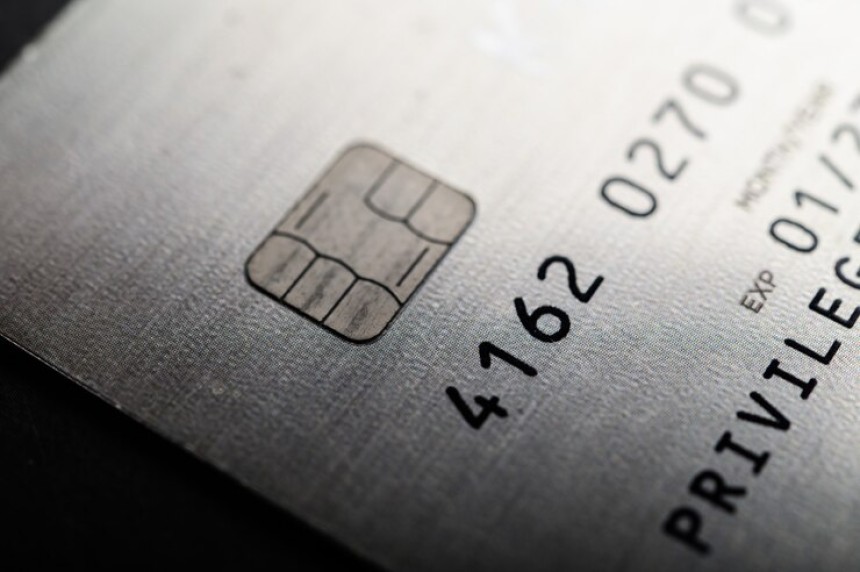
What Are Atlantic Union Bank CD Rates?
Atlantic Union Bank offers CD rates both short term and long term. The amount deposit and the term determine the CD rate. Minimum deposit of $1,000 required.
When considering safe and secure investment options, certificates of deposit (CDs) often come to mind. Atlantic Union Bank, known for its customer-centric approach and comprehensive financial services, offers a variety of CD products. In this article, we’ll explore what Atlantic Union Bank CD rates are, how they work, and why they might be a suitable choice for your savings strategy.
Understanding CDs
A certificate of deposit (CD) is a time deposit offered by banks and credit unions. When you invest in a CD, you agree to leave your money with the bank for a fixed period, which can range from a few months to several years. In return, the bank offers you a higher interest rate compared to regular savings accounts. This makes CDs an attractive option for those looking to earn a reliable return on their savings without taking on much risk.
Why Choose Atlantic Union Bank?
Atlantic Union Bank, headquartered in Richmond Virginia, is known for its robust financial services, including personal and business banking, investment services, and loans. The bank has garnered a reputation for competitive rates and customer service, making it a favored choice for many consumers in the Mid-Atlantic region.
Current CD Rates at Atlantic Union Bank
As of the latest information available, Atlantic Union Bank offers a range of CD rates that vary based on the term length and the amount deposited. Here’s a breakdown of their typical offerings:
- Short-Term CDs (3-12 months):
- Rates generally range from 0.15% to 1.00% APY (Annual Percentage Yield).
- Suitable for those who may need access to their funds sooner.
- Medium-Term CDs (13-36 months):
- Rates usually fall between 1.00% and 1.50% APY.
- A good balance for those who want a reasonable return while keeping their funds relatively accessible.
- Long-Term CDs (37 months and longer):
- Rates can range from 1.50% to 2.00% APY or more.
- Ideal for savers willing to lock away their money for a longer period to maximize returns.
These rates can fluctuate based on market conditions, so it's advisable to check directly with Atlantic Union Bank or their website for the most current rates.
Minimum Deposit Requirements
Atlantic Union Bank typically requires a minimum deposit to open a CD, often around $1,000. This threshold can vary depending on the specific product, so potential investors should verify the requirements for their chosen CD.
Interest Payment Options
Atlantic Union Bank CDs may offer various interest payment options, including:
- Monthly: Interest is paid monthly, providing a steady income stream.
- Quarterly: Interest is compounded quarterly, allowing for more substantial growth.
- At Maturity: Interest is paid out when the CD matures, allowing the full amount to grow until the end of the term.
Early Withdrawal Penalties
One of the key considerations when investing in a CD is the early withdrawal penalty. If you need to access your funds before the CD matures, Atlantic Union Bank typically imposes penalties. These penalties can vary based on the term length:
- For CDs of 12 months or less, the penalty may be equivalent to three months’ worth of interest.
- For CDs longer than 12 months, the penalty could range from six months’ worth of interest to a year’s worth, depending on the specific terms of the CD.
Pros and Cons of Atlantic Union Bank CDs
Like any investment vehicle, Atlantic Union Bank CDs have their advantages and disadvantages.
Pros:
- Safety: CDs are insured by the FDIC up to $250,000 per depositor, providing a secure way to save.
- Predictable Returns: With fixed interest rates, you know exactly what your returns will be.
- No Fees: Typically, there are no monthly fees associated with maintaining a CD.
Cons:
- Liquidity Issues: Your money is tied up for the duration of the CD term, making it less liquid than a regular savings account.
- Inflation Risk: If inflation rates rise above your CD’s interest rate, the real value of your savings could decrease over time.
- Early Withdrawal Penalties: Accessing your funds early can lead to penalties that eat into your earnings.
How to Open a CD with Atlantic Union Bank
Opening a CD with Atlantic Union Bank is a straightforward process. Here are the general steps:
- Research Rates: Review the latest CD rates and terms on Atlantic Union Bank’s website or contact a branch.
- Choose a Term: Decide on the length of the CD based on your financial goals and needs.
- Visit a Branch or Apply Online: You can either visit a local branch or apply online. Have your identification and social security number handy.
- Make Your Deposit: Fund your CD with the required minimum deposit.
- Confirm Your Terms: Review the CD agreement to confirm interest rates, maturity date, and any other relevant details.
Atlantic Union Bank CDs can be a solid choice for conservative investors looking to grow their savings in a low-risk environment. With competitive rates and a focus on customer service, the bank provides a reliable option for individuals and families in the Mid-Atlantic region.
While it’s essential to consider factors like liquidity and early withdrawal penalties, for those who can commit their funds for a specified term, CDs offer a dependable way to earn interest on savings. Always remember to shop around and compare rates to ensure you’re getting the best possible return on your investment.
For the most current rates and terms, be sure to visit Atlantic Union Bank’s official website or speak to a banking representative. Happy saving!





